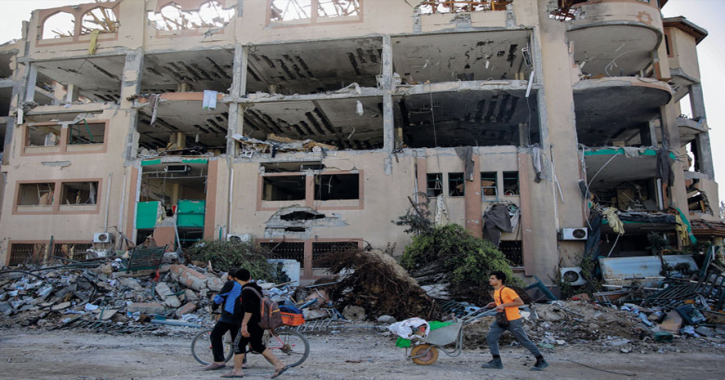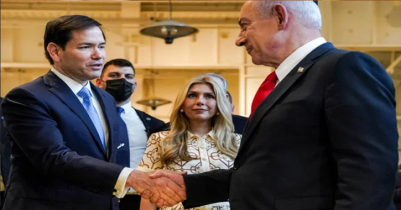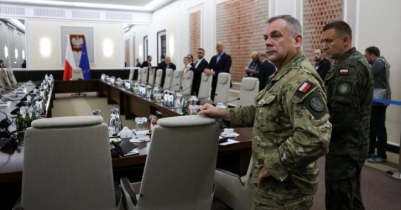Universities Worldwide Terminate Institutional Ties with Israeli Academia Amid Gaza Conflict

Published : 00:30, 14 September 2025
In response to the intensifying Gaza war and mounting civilian casualties, a wave of universities and scholarly organizations across the world have begun severing institutional ties with Israeli academic institutions, a movement framed as a moral imperative to uphold human rights and academic integrity.
In Brazil, the Federal University of Ceará canceled an innovation summit with an Israeli university as part of this trend. European institutions, particularly in Norway, Belgium, Spain, Ireland, and the Netherlands, have taken more sweeping steps: Trinity College Dublin ceased partnerships, while the University of Amsterdam terminated its student exchange programme with Hebrew University of Jerusalem.
The European Association of Social Anthropologists has publicly declared it will no longer collaborate with Israeli academic institutions and has encouraged its membership to follow suit. Within Belgium, Ghent University formally severed ties with all Israeli universities and research institutions on the grounds that they no longer align with its human rights policy, although collaborations with certain non-academic Israeli entities remain under review.
Concurrently, other Belgian universities, including the University of Antwerp and Université Libre de Bruxelles, have either paused new ventures or suspended initiating new collaborations with Israeli partners. In the Netherlands, a significant wave of student-led and staff-supported protests has unfolded at numerous universities, including Utrecht, Radboud Nijmegen, Tilburg, Erasmus Rotterdam, TU Delft, Eindhoven University of Technology, and Vrije Universiteit Amsterdam.
These institutions have taken actions ranging from freezing or halting new collaborations with Israeli universities to suspending student exchange programs and forming ethics or advisory committees to review ongoing ties.
Protesters have staged encampments, building occupations, and teach-ins demanding full institutional disassociation with Israeli academic bodies viewed as complicit in human rights violations.
Administrations, while often citing the importance of academic freedom, have begun reassessing existing partnerships, with some acknowledging “genocidal violence” in Gaza and instituting internal reviews. The debates are contentious: defenders of academic freedom argue that blanket boycotts threaten open scholarly discourse and penalize individual academics not responsible for government policy, while advocates of the boycott characterize academic institutions in Israel as integrally involved in oppressive state systems.
Meanwhile, the Israeli government has reacted by earmarking €22 million to counteract the boycott, against a backdrop of declining EU research funding and growing concerns over a “brain drain.” Despite internal disagreements and legal complexities, academic boycotts continue to gain momentum as students, faculty, and academic associations frame them as nonviolent strategies to pressure Israeli authorities to halt the war and address the humanitarian crisis.
Source: The Guardian; Reuters; Al Jazeera
BD/AN











